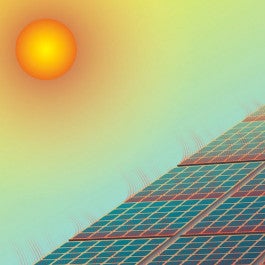Grumblenuts
Gold Member
- Oct 16, 2017
- 14,512
- 4,837
- 210
You clearly didn't understand "The thermal energy used to smelt iron ALL escapes to its surroundings as the iron cools to ambient temperature."None of it is tied up in the metal.
How much added heat depends on what we do with the energy ... if we smelt iron with it, then that energy is tied up in the metal, being slowly released as it oxidies back into rust ..
Did you miss that last part? Or did you see it and not undertstand?

